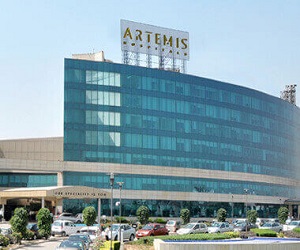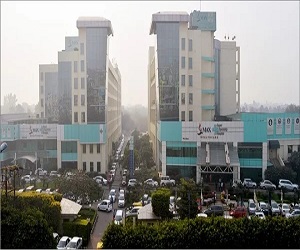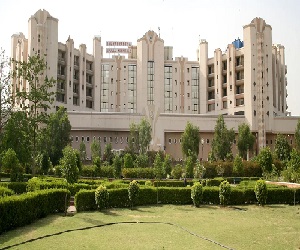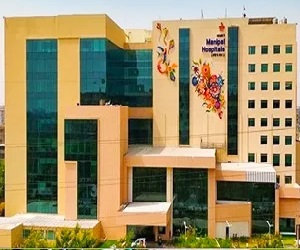Thyroid cancer develops in the tissues of the thyroid gland, a butterfly-shaped organ located at the front of the neck. This gland wraps around the trachea and is responsible for producing thyroid hormones.
Thyroid hormones play a crucial role in regulating metabolism, blood pressure, heart rate, and body temperature.
What are the benefits of the treatment?
The primary benefit of thyroid cancer treatment is the complete elimination of cancer from the body.If this type of cancer is diagnosed early, thyroid cancer is among the most curable diseases.
Who needs this thyroid cancer treatment?
Various types of thyroid cancer exist.
- Medullary cancer
- Follicular thyroid cancer
- Anaplastic thyroid cancer
- Papillary thyroid cancer
Of these types, papillary thyroid cancer is the most prevalent, whereas anaplastic thyroid cancer is the most aggressive form.
Patients who experience any of these common signs and symptoms of thyroid cancer should seek consultation with an appropriate physician:
- Neck pain
- Difficulty to breathe
- Difficulty to swallow
- Lump or swelling in the neck
- Periodic coughing caused other than cold
How is thyroid cancer treatment done?
Similar to many diseases, the treatment of thyroid cancer can be divided into two main components: diagnosis and treatment.
Diagnosis
The patient may need to undergo several tests as suggested by the physician to diagnose thyroid cancer. These tests may include:
- MRI
- FNAC
- CT scan
- Blood Test
- Physical examination
At times, genetic testing is also necessary to comprehend the family history.
Procedure
Thyroid cancer requires careful observation and monitoring. If the tumor shows signs of growth, the doctor may recommend surgical procedures such as thyroid lobectomy, thyroidectomy, or lymph node dissection.
In addition to surgical options, doctors may utilize thyroid radiation therapy, such as radioactive iodine, targeted therapy with thyroid hormones, or chemotherapy, as part of the treatment plan for managing the disease.
What are the risks and complications of the treatment?
Post-surgery, the patient may face complications, including:
- Infection
- Blood clots
- Bleeding
- Hypothyroidism
- Hyperparathyroidism
- Thyrotoxic storm
- Recurrent laryngeal nerve injury
- Superior laryngeal nerve injury














